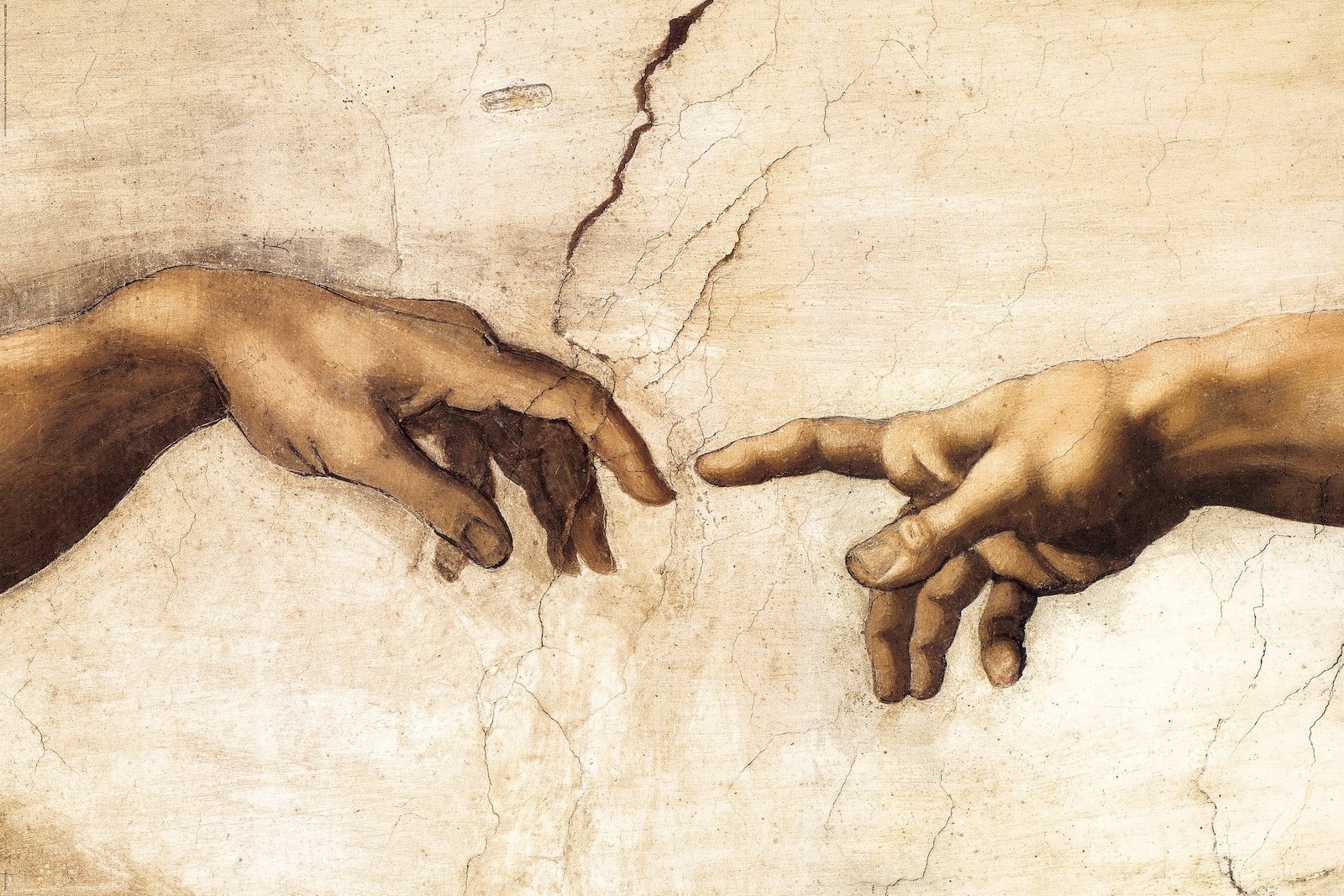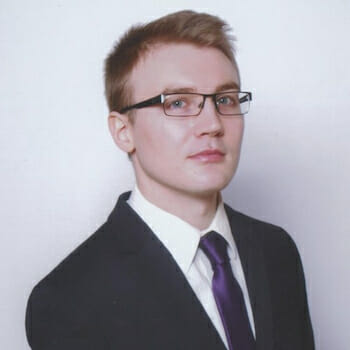
Culture
Breaking Ties: African Women Freethinkers on Deconversion, and Community
Roslyn Mould, a prominent voice in the Humanist Movement, served as Secretary and Chair of the Young Humanists International African Working Group from 2014 to 2019 and later as a Board Member for Humanists International from 2019 to 2023. Mneka Mbanje, Programs Officer for Humanists Zimbabwe, and Cynthia Ndegwa of the Atheists in Kenya Society are joining her in this conversation.
Together, they delve into the deeply personal and often challenging journeys of transitioning from religious belief to atheism or freethought, focusing on the intersection of gender, culture, and societal norms.
The interview uncovers diverse pathways to questioning faith—pathways shaped by formative life events, cultural pressures, and the pursuit of intellectual clarity. Strikingly, the trajectories of men and women diverge significantly. While men often navigate deconversion with a certain assertiveness, women frequently contend with a labyrinth of societal expectations that tether morality and religiosity to their intrinsic value. Technology and social networks have emerged as lifelines for these individuals, enabling the creation of supportive, safe spaces in an often hostile environment.
Yet, the road to freethought is not without peril. Each interviewee spoke candidly about enduring discrimination and even threats as they carve out their place in a world where their beliefs challenge entrenched norms. Despite these hurdles, Humanist spaces offer not only refuge but also empowerment. The conversation ends on a hopeful note, envisioning a future marked by inclusive dialogues and a surge in female leadership within freethought communities—a step toward reshaping the narrative of belief and belonging.
Scott Douglas Jacobsen: Can you describe the pivotal moments you began losing faith? What factors or experiences led you to question your beliefs?
Mneka Mbanje: I can’t say I had one drastic moment of loss of faith; I think it was more of a corroding away of faith until I was enlightened. The more I went to church and interacted with believers, the more it dawned on me that it didn’t make sense, but more importantly, it didn’t reconcile with most of my core beliefs.
Roslyn Mould: My first recollection of when I started questioning was when my Mum passed away from a car accident when I was only 4 years old, and I had been told that God had called her to heaven. It was difficult to understand why a loving God would take my mom away from me and my sister, who was barely a year old.
I had no one to share these thoughts with, and over time, I convinced myself that there was God; it was difficult for me to understand his ways because I was just a child, and I came to believe that I would see my Mum again one day in heaven. My doubts started again when sometime in 2007, about 20 years later, I set on a quest to know and understand more about this complex god and know more about religion, especially Christianity, so that I could share this knowledge with my non-believing friends and on that journey, I came to realize that all that I firmly believed in for so long and had convinced myself to be true was not so and I deconverted myself.
Cynthia Ndegwa: My loss of faith first came in college. What I was studying ignited my curiosity to explore my spirituality outside my religion. Coming from a very structured denomination, I knew what I had discovered about my spirituality wouldn’t be welcomed. So, I slowly started to practice, and slowly, I felt disconnected from the other side.
Jacobsen: In your view, how does the experience of losing faith differ between men and women? Are there similarities that transcend gender, or are the differences more pronounced?
Mbanje: For most of the men I know, it’s a very similar story. Granted, their timelines tend to be quicker, where mine took almost ten years, and the longest male counterpart I know took 4 years from the time of beginning to question to fully realizing and embracing their atheist or non-religious inclination. More often than not, their journeys also tend to be more vocal and outspoken, leading to earlier realizations, whereas mine was more of an internal journey with less overt expressions.
Mould: My experience is quite different from almost everyone I know. It’s particularly different for men, especially those from the continent, because culturally, boys are allowed to explore more and are made aware of their privileges from a very young age, so the curious, smart minds tend to lose their faith earlier and in different circumstances than from an emotional point. Many also do not see why they need to lose their faith even if they have no evidence of God if religion and culture justify their privilege in society and make them feel more entitled and superior to women.
Ndegwa: Truthfully, the people I knew swung on one of the opposites: either going deep into their faith or completely disregarding anything religious or spiritual and focusing on facts.
Jacobsen: What key steps did you take to discover and integrate into a freethought community? How did you navigate the process of building connections within this space?
Mbanje: I put myself out there and own my beliefs unabashedly. When I stopped trying to sugarcoat or dress up some of my beliefs as tentative ideas, I realized that people began to take me more seriously and engage with me more in-depth. This led to finding people willing to open up about their beliefs, and eventually, I found more like-minded people.
Mould: My younger sister, Monika, eventually became an atheist. On Twitter, I discovered other Ghanaian atheists, and she became one of the first people to meet them in person. Later, she invited me to join their social meetups, which led to the birth of the group that is now the Humanist Association of Ghana. A year later, we became members of IHEU (now Humanists International).
In 2014, I became the first Ghanaian to be elected for a position in the Youth section’s IHEYO African working group. By 2016, I was the President of the Humanist Association of Ghana. These positions led me to be a Coordinator for the West African Humanist Network, a Board member, and the First African Vice President of Humanists International.
Having these leadership positions and being entrusted with them has taught me that the keys to having a successful, active group are being passionate, creating and protecting the safe space where atheists find themselves at all costs necessary, and finding creative ways to keep everyone equally engaged and included.
Finding my community meant I could be myself with like-minded people, and it took working hard to create and build the Accra Atheists group. I am still on a quest to seek atheists in Ghana and to let them know that they are not alone. Staying to your objectives and values takes time, focus, dedication, and striving to grow.
Ndegwa: I would say it’s a mix of chance, divine timing, and technology. From the get-go, I found it easier to be more authentic about my interests and beliefs in my profiles and bios. That way, my in-depth intros would either deter the wrong people or attract the right people. Technology, however, has played a considerable role.
Jacobsen: I’ve encountered varying perspectives on whether the transition from a religious community to a freethought one is shaped by gender. Some women perceive it as a distinctly gendered experience, while others don’t. Has your identity influenced this journey as a woman, or do you believe it has been more individual than gendered?
Mbanje: The transition has been very gendered for me because there is a strong tie between a woman’s worth in my society, their morality, and their religious activity. The more overtly religious a woman is, the more ‘womanly’ she is perceived to be, and she is attributed desirable characteristics regardless of ethics and character.
I’ve had many times where my character has been called into question due to my atheist beliefs. I’ve had thinly veiled threats of physical and sexual harm directed towards me from both acquaintances and close family/ loved ones as well. I’ve lost quite a few partners and job opportunities as a result.
Most recently, after an accident at work that left me incapacitated for weeks, I was then unfairly dismissed because I was a ‘devil worshipper.’
I’ve come to realize, though, that it’s a by-product of ignorance and society’s rigidity. I’ve also met people who initially wrote me off as an unethical monster but later on, after taking time to speak to me and hear my core beliefs, have come to acknowledge that a lack of faith in a deity or anything else for that matter does not equal an unscrupulous and ‘evil’ life.
Mould: I can say it has been gendered for me because religious communities have more women, if not an equal number of men, to being in a Humanist community and being in the minority as an atheist in society and even more, as a woman in the freethought community. I have felt more liberated as a woman within the Humanist community than I ever was as a Christian, and especially being a leader of majority men groups has shown that I use every opportunity given me to sit at the table with people sharing ideas regardless of gender. Humanists are far more conscious of equality issues, and I am proud to be a part of that.
Ndegwa: I’d be inclined to say that my experience transitioning to a freethought community has had a more female population than a male population for various reasons.
Women are more inclined to connect with spiritual practices, even organized religions, through prayer, practices, etc. Also, from a female perspective, the formation of spiritual practices has generally been more inclined. Women have been more open about their transitions to freethought thinking and open to diversity within these schools of thought.
The opportunity to be free from constraints often propagated in organized religions, such as patriarchy, capitalism, sexuality, feminine energy, and feminism, has drawn more women to this side. As a result, we have talked freely about taboo topics without judgment.
Jacobsen: What questions would you like to pose to the other participants in this discussion? What are your aspirations for the ongoing dialogue within this group?
Mbanje: I hope this group opens up a more female-friendly discussion for free thinkers, especially within the African community. It would go a long way toward helping other free-thinking women realize that they’re not alone in their struggles and that there are more women in their shoes.
Mould: I am curious to hear their stories of deconversion and how they have encouraged other women to join the community and supported women in leadership roles. Years ago, I started a WhatsApp group for African Humanist women. I hope this will be another opportunity to revamp the group and form our community within the Humanist Space.
Ndegwa: I would love to learn more about everyone’s journey and your aims for yourself as a woman in this complicated world.
I also hope we get to have a physical forum. That would be great.
Jacobsen: Thank you for the opportunity and your time, everyone.
